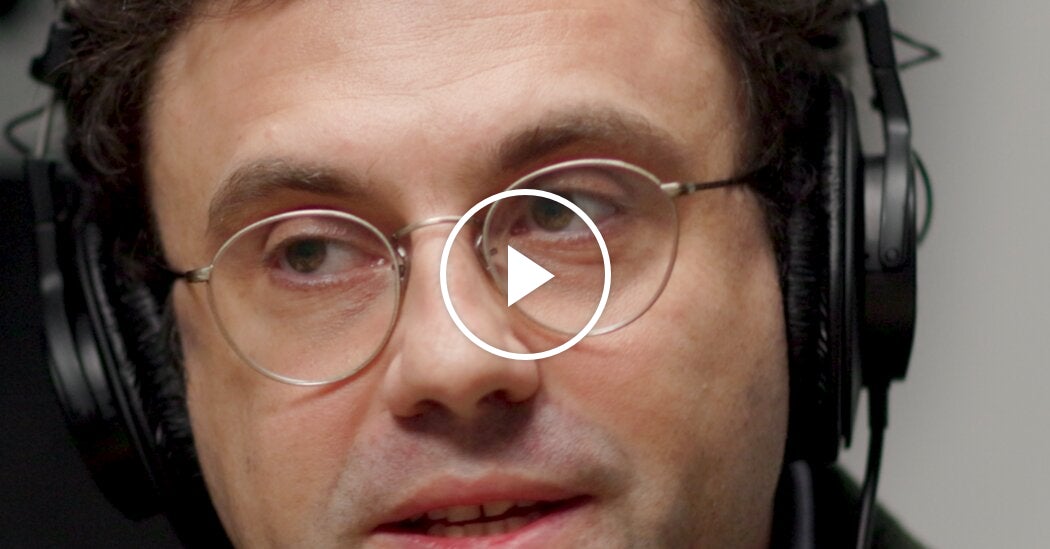Football clubs are community assets, possessing a value, history and meaning which cannot be captured on a balance sheet. They belong to the cities and towns that have sustained them over the decades. For the vast majority of supporters, the sense of identity and matchgoing rituals associated with following their team are worth as much as the occasional trophy or glorious victory.
That culture becomes harder to maintain, however, if your club’s next game is taking place 5,000 miles away. European football’s governing body, Uefa, this week announced that it will allow a Spanish league fixture between Villarreal and Barcelona to take place closer to Cuba than Catalonia, in Miami’s Hard Rock stadium. This will be followed, in February, by the relocation to Australia of an Italian Serie A match between Milan and Como. Global sports promoters, rubbing their hands at the potential profits this precedent could unlock, are cockahoop. Supporters organisations in Spain and Italy are considerably less impressed.
It is not hard to see why. The clue as to where Milan should play home fixtures is in the name. And at a purely sporting level, regularly playing games on the other side of the world would undermine the fairness of leagues based on an equal distribution of home advantage. While fans outside Europe may get to see their heroes play in meaningful contests this way, the money spent staging them would be far better invested in boosting domestic competitions such as the US’s Major League Soccer.
Sadly, in an age when the hyper-monetisation of elite football is already far advanced, a Serie A game in Perth looks like the thin end of a very large wedge of cash. Uefa’s reluctant permission follows the out-of-court settlement of a lawsuit brought by a US sports promoter, which argued that restrictions on where teams play their matches were illegal. For European clubs desperate to compete with the financial heft of English Premier League rivals, the riches promised by freer access to global markets add up to a tempting invitation to sell their soul.
As football’s profit-hungry overlords seek ever more creative ways to turn a quick buck, the traditional supporter is the last person on their minds. Spain and Italy have already sold their annual Super Cup games to sportswashing Saudi Arabia, while the cost of tickets for the 2026 World Cup is likely to soar thanks to the use of dynamic ticket pricing. In Britain, the number of one-off visitors paying hospitality-type prices is booming at elite matches, as younger and less well-off fans are priced out.
A line must be drawn. Treasured local institutions should not be shunted around the globe in search of the highest bidder. Though it once toyed with the notion of an extra round of matches to be played outside England, the Premier League has thankfully distanced itself from the idea for now. Uefa executives, having been blindsided by the latest developments, have vowed to ensure that rules are updated in order to “uphold the integrity of domestic competitions, and the close bond between clubs, their supporters and local communities”.
Longsuffering supporters must hold them to their word. The challenge of “playing away” is an integral part of football. But it should never be necessary to book an intercontinental flight to attend a domestic league fixture.
-
Do you have an opinion on the issues raised in this article? If you would like to submit a response of up to 300 words by email to be considered for publication in our letters section, please click here.


